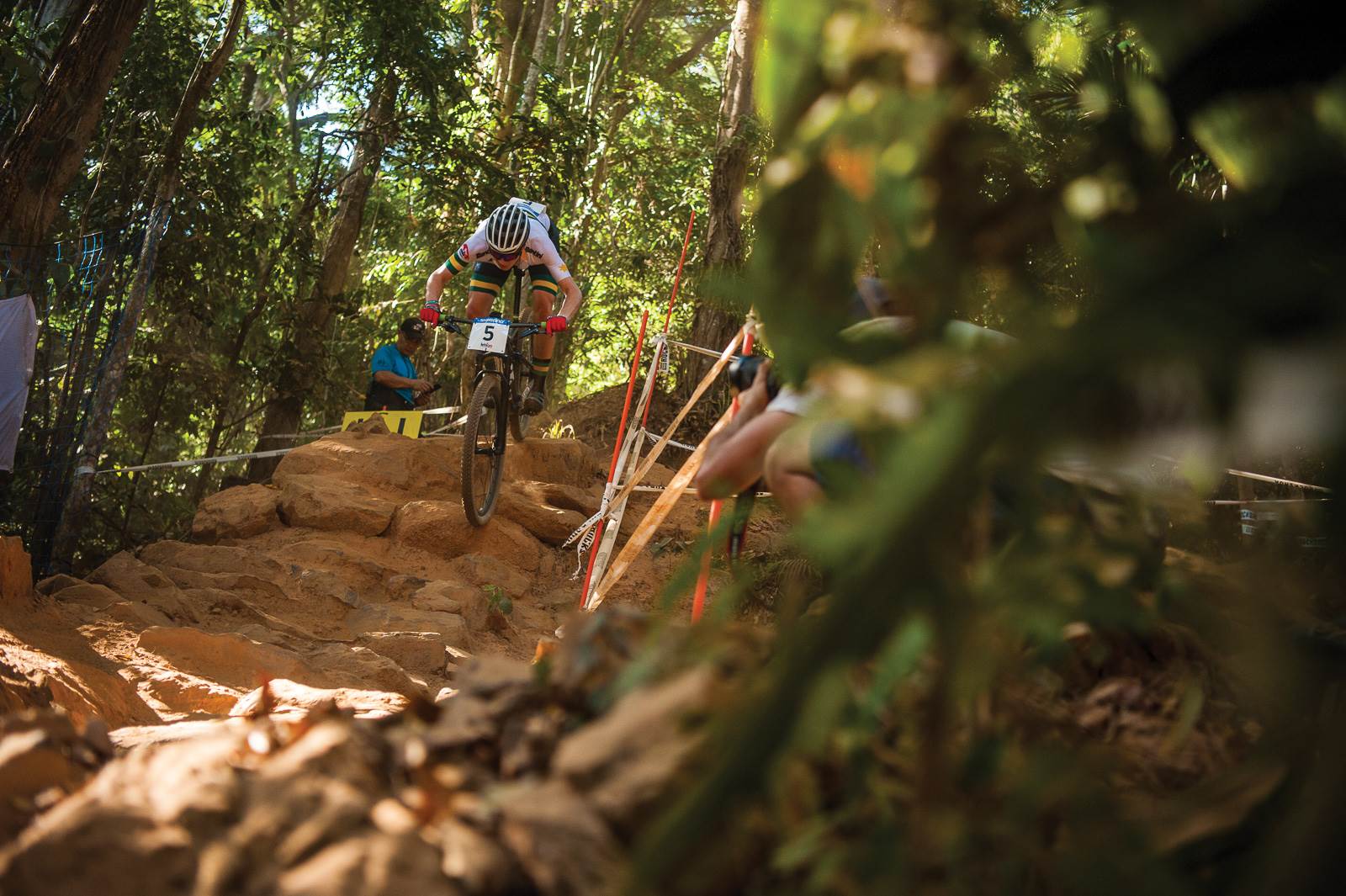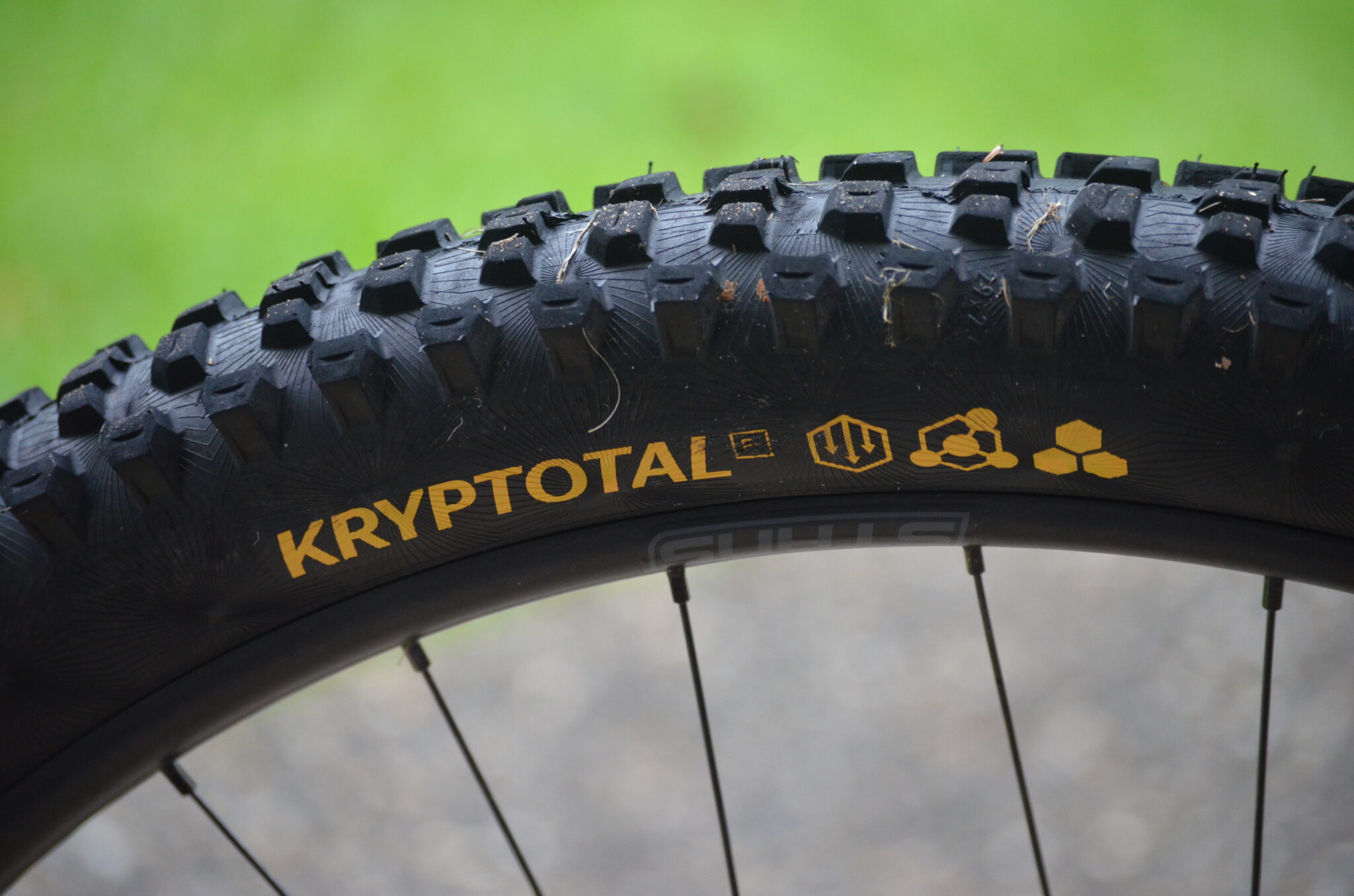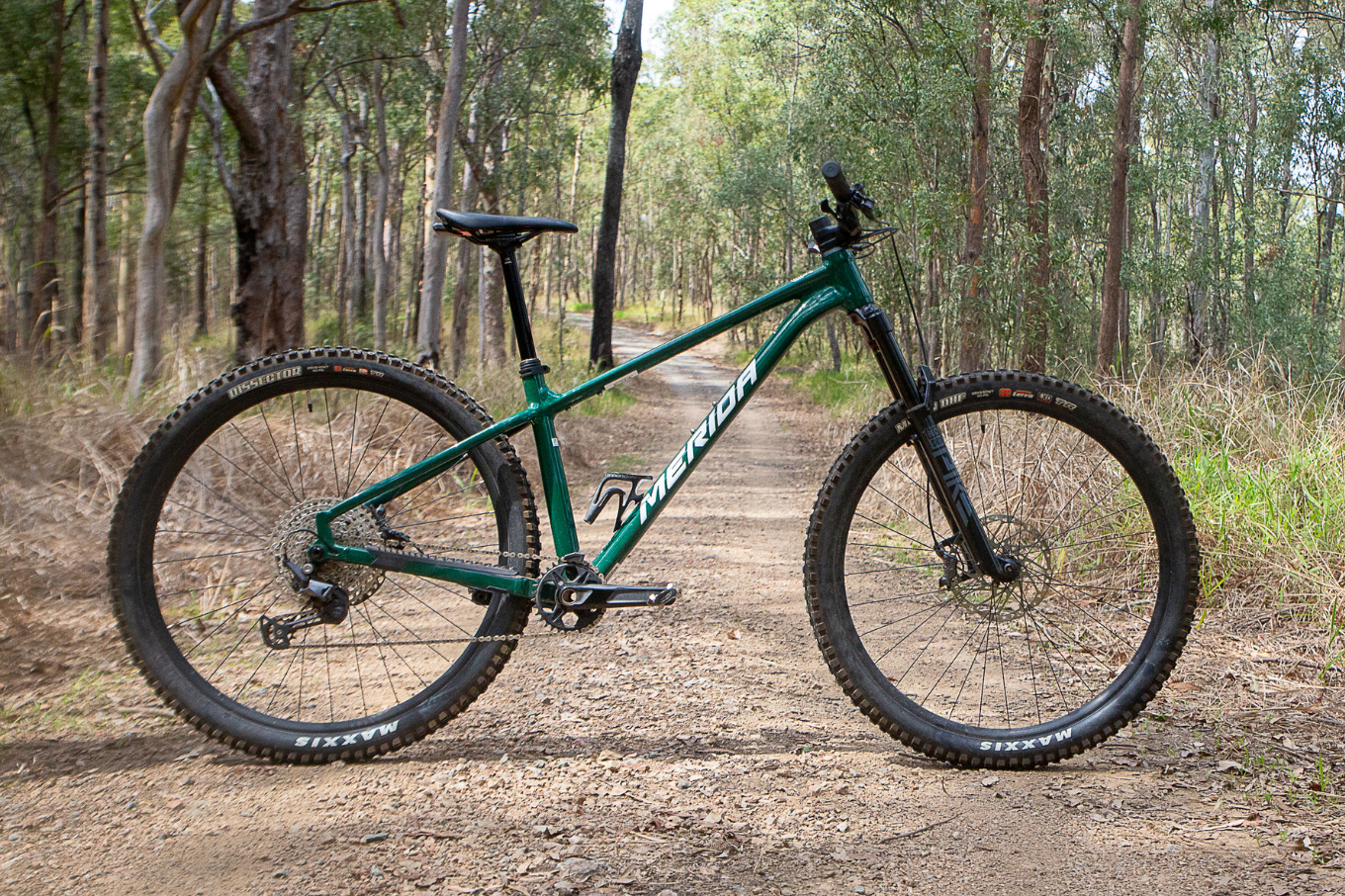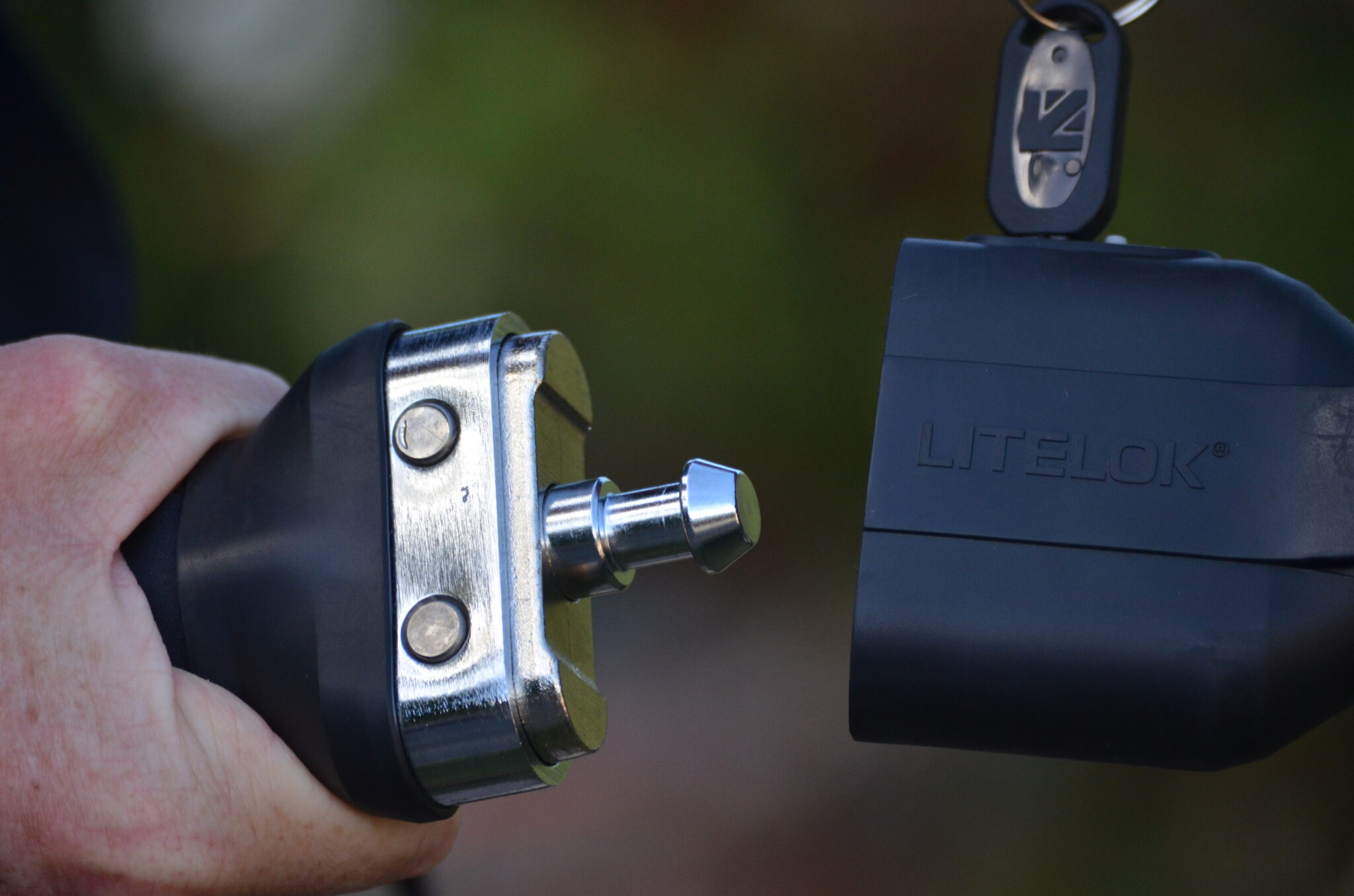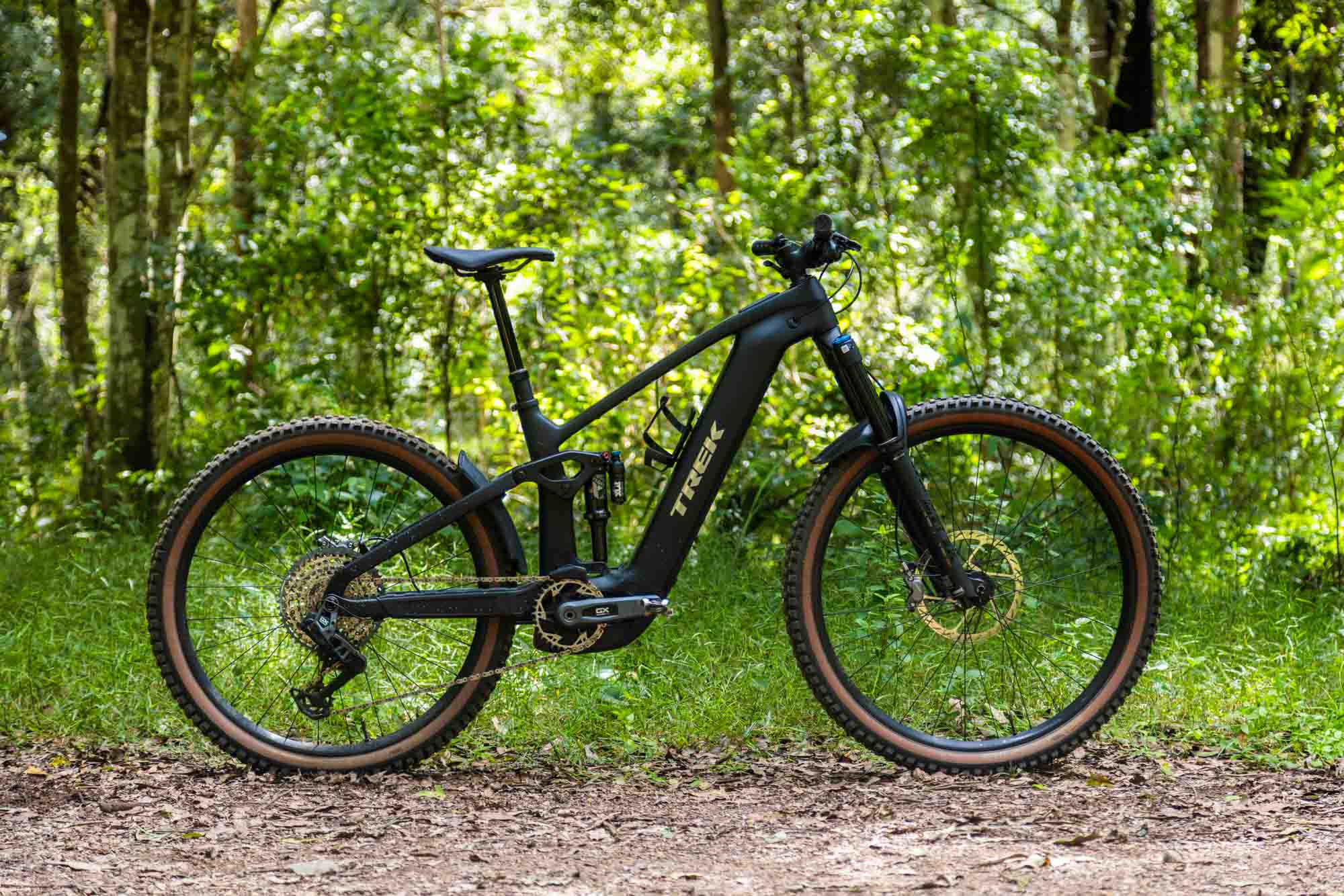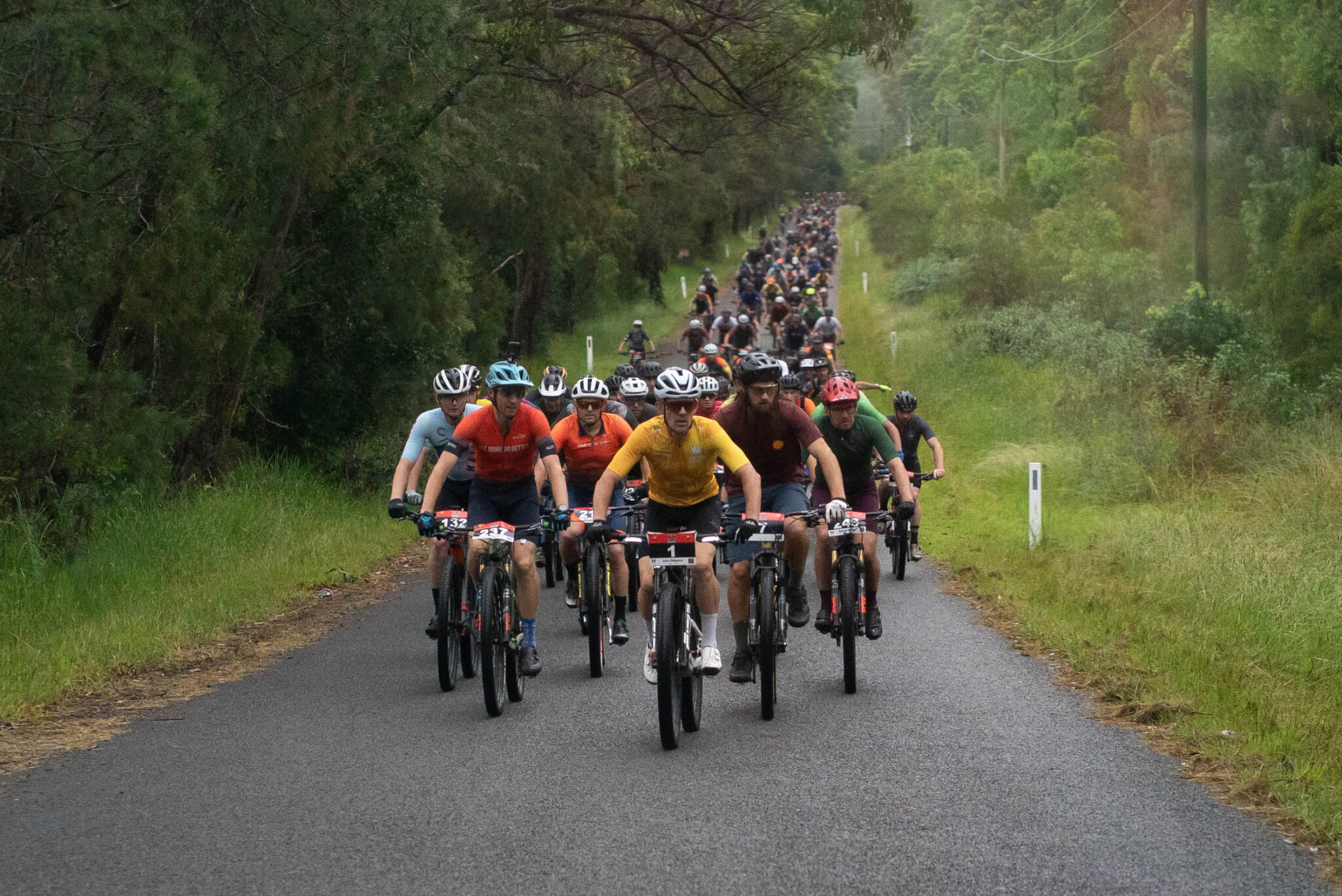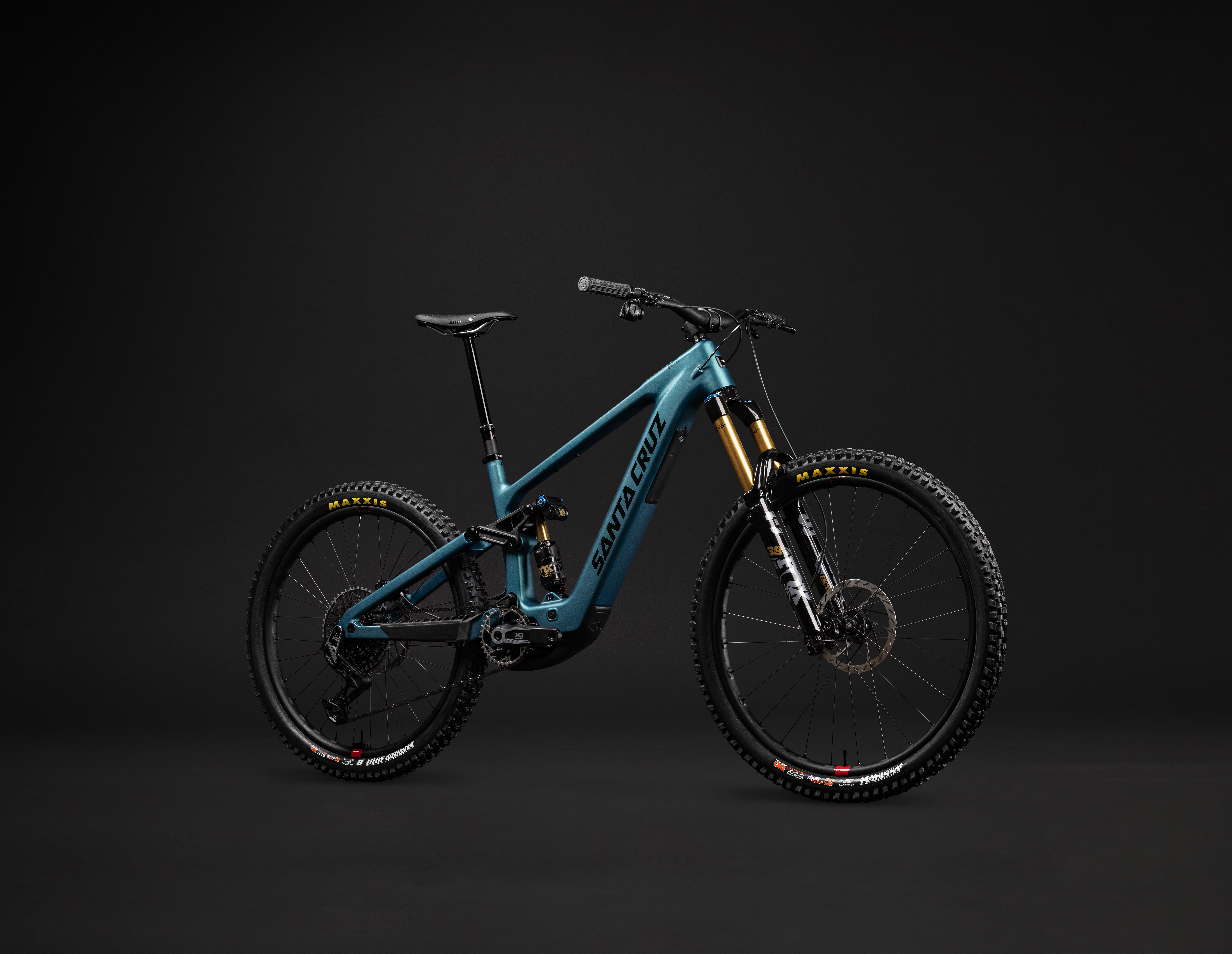FITNESS: Developing the younger generation
How do we best support the development of the younger mountain bike generation?
Australia’s Mountain Bike future is looking very promising. The recent win by Cameron Wright in the Under-19 World Championships, along with two other top 21 placings by Australia’s U19 men, shows that our nation is starting to produce world class cross country mountain bike riders.
There has been a marked increase in the popularity of mountain biking within the junior categories across Australia in recent years. For example, at the 2017 National Championships, the U17 men and women’s fields had the most competitors. With higher participation numbers, the level of competition has increased dramatically and will no doubt continue to do so. So how do we best support the development of our younger generation over the coming years?
In my opinion, it is so important to get the right balance of appropriate support versus putting too much pressure on athletes at such a young age. I am asked, on an increasingly regular basis, if I will start coaching kids as young as 12 and 13 years. I have no doubt that parents have only the best intentions for their son/daughter at heart. However, personally I would recommend that formal coaching and training shouldn’t start until 15 years old. Before this age, I believe kids should simply be having fun on their bike and riding if and when they please. Generally it is not until a rider gets to 15 that they are ready, both physically and mentally, to start with more specific, structured training.
The average age of the top 10 UCI Cross Country riders is 30-years-old for men and 31-years-old for women. With potentially 15+ years of development ahead of them, there is no reason to start our junior athletes too young and risk potential burn-out or over-use injuries. While it is fantastic for our country to have a Junior World champion, it would be even more amazing to produce an Elite World champion!
In 2013, Mountain Bike Australia published a policy statement defining minimum age groups for participation in cross country mountain bike events – including Olympic, Marathon and multi-lap endurance format racing. With the increased participation of younger riders at such events, it was deemed necessary to set out guidelines to ensure appropriate development of juniors’ skills and physical fitness and reduce the risk of stress and injury.
In summary, the MTBA Junior Policy states for the various age-groups guidelines:
UNDER 10 YEARS
– 1 ride session weekly, no longer than 30min
– Emphasis of fun group learning outcomes
– Limited Competition
11-12 YEARS (U13)
– Total ride time between 2 and 5hrs weekly, with each session no longer than 75min
– Emphasis of skill development, bike handling and race craft
– Club level competition only, with target race time 30-45min
13-14 YEARS (U15)
– Total ride time between 3 and 8hrs weekly, with each session no longer than 2hrs
– Emphasis of skill development, bike handling and race craft
– Club, State and National level competition, with target race time 45-60min
15-16 YEARS (U17)
– Total ride time bewteen 6 and14hrs weekly, with each session no longer than 4hrs
– Emphasis of skill development and physical conditioning
– Club, State and National level competition, with target race time 60-75min (XCO)
17-18 YEARS (U19)
– Total ride time bewteen 8 and 18hrs weekly, with each session no longer than 6hrs
– Emphasis of skill development and physical conditioning, with specificity of training
– Club, State, National and International level competition, with target race time 60-75min (XCO)

SKILLS BASED TRAINING IS WHERE IT’S AT!
As you can see, the main components that need to be considered when coaching a junior athlete are frequency, duration, intensity and percentage of skills verses fitness training.
While physical conditioning and specificity of training isn’t recommended until age 15-years-old upwards, this is not to say that younger athletes shouldn’t be out riding and in particular working on their skills!
I asked Donna Dall, coach of Junior World Champion Cameron Wright, to give some insight on her coaching approach with Cam over the last few years.
“Coaches and parents should recognise that junior athletes are significantly different in their physical, psychological and emotional make up and these individual differences should be well catered for,” she explained. “Younger athletes are not miniature versions of adults; they are in fact a growing body metamorphosing both physically and psychologically with growth spurts, puberty and hormonal changes. When coaching junior athletes, my emphasis is on skill development, routines and positive cycling habits. The emphasis on training volumes and intensities has been gradually increased with Cameron’s age and years in the sport.
“I have been very conscious of the changes in race demands from age category to age category with Cameron and have prepared him for each transition into the next age group accordingly,” Dall added. “Cameron enjoys taking part in mountain biking for many different reasons and we have tailored his training to ensure it is always a positive and enjoyable experience.“
You can certainly teach a dog new tricks, although learning new skills definitely becomes harder with age. I definitely wish I had got into this sport a lot younger than when I did at the age of 21. There are a whole range of opportunities for kids to take part in fun, skills-based sessions these days. Many of the local clubs and coaches offer skills clinics, kid’s races, and unstructured group rides where youngsters can have a lot of fun in a non-competitive environment and learn invaluable skills and techniques.
A couple of years back I met a young mountain biker at a local 24hr race. I remember his father trying to encourage him to get out and complete a lap for the team. The young rider, however, wasn’t interested in slogging his way around the course. Instead he simply wanted to practice his wheelies and muck around at the nearby jumps park. Two years on and I have started coaching this young athlete. He is now almost 15 and has the physical and mental maturity to start following a structured training program. He also has much more desire to push his limits up the climbs as well as practicing a few wheelies, jumps and whips!
Words: Jenni King
Photos: Robert Conroy

